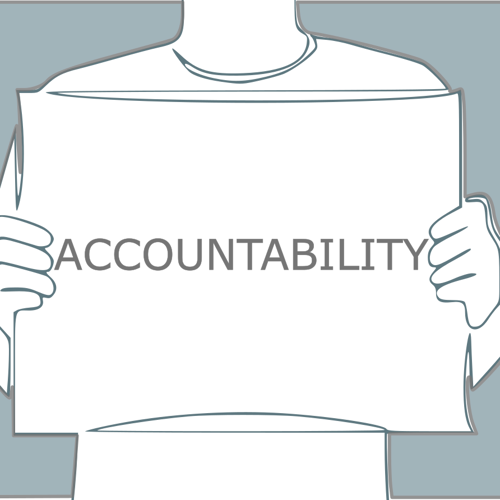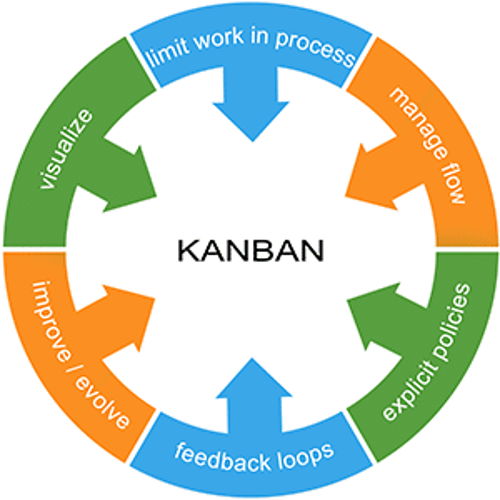Embrace failure.. its the only way we learn!
As we become older, failure becomes less comfortable - but failure is necessary for true growth. Lets begin with what life looked like in our early days. As toddlers, growth is inevitable. Consider everything a toddler needs to learn; ability to walk, ability to talk, ability to ride a bike ;) There is no human on earth who succeeded at these without failure on their journey - a journey that can be super fun!
As we grow though, failure becomes more uncomfortable and can become a paralyzing thought for some. But why is this?
- This might be a controversial one but schools foster an environment that is counter productive to the growth mindset. Having a son who has just completed his GCSEs and another who is working towards them, the modern school embraces a waterfall methodology - a methodology where after 8 years of learning, success is determined on an exam (or 2). This is a catalyst for change in a persons mindset - high risk, high stakes and failure is naturally painful
- As we grow, we become more confident - not only in our actions but also our beliefs. Confidence itself isn't problematic, being dogmatic in these beliefs will begin to crystallize egos. Ego's can form naturally and if not looked after, if not challenged, they can be corrosive when failure occurs.
- Conversing with like-minded individuals can be very exhilarating; these are people who understand what failure is and the necessity in it. Unfortunately, the mass population has different perception on failure and dont see failure as a learning experience.
Now, we know failure is inevitable - it will happen at some point in your life. The preceding points create a perfect storm - a storm where you have to challenge a mindset that has been fostered in you during the most malleable part of your life; where you will have to challenge you personal values and belief; where you need to challenge a far wider perception - one that may touch society beliefs
Lets cover some of the basics though before diving into some approaches and techniques around failure - Why is failure so important :
- Failure is an opportunity to change direction - it can light up part of the very very wide forest and encourage you to approach things differently. I have chosen the word opportunity very carefully - A person can choose to embrace the opportunity - they can choose not to?
- Failure need not be fatal? There are some industries where failure can have very severe repercussions - but the vast majority of use don't operate in this environment and those of us who do, do not exist in these scenarios all of the time. Outside of these fatal scenarios, failure is another chance - a permit to 'have another go'
- These 2 reasons are very important the reasoning above all else is that True growth is only discovered through failure - When this framing lands, it really lands - I talked about failing fast, etc for a number of years before i got it; before really understanding the meaning behind it.
My son has played ice hockey for 7 years and I remember looking back at him skating around the rink. He was a good skater and yet when going around the bend, he would occasionally fall and slide, rather spectacularly, into the slide. I couldn't understand this? why was this happening - it must have been the ice.. or his blades were blunt? In actual fact, it was neither - he had reached the limits of his comfortable ability and he decided to push through this; he wanted to turn tighter; he wanted to turn faster; he wanted to improve and grow his ability. Every time he failed and slid out, he would learn something - get up and try again. Through this failure and his resilience, he now turns tightly at speed with varying techniques - he attained true growth.
How can we embrace failure?
- Explore how resilient you are (personally). These are a number of resilience techniques that will help you - Head over to my resilience techniques article to find out more.
- Surround yourself with like minded individuals - This is hugely important. Whenever we try to improve with some, doing it on your own is incredibly hard - we all need a support network to lean on, to learn from and to help grow (give something back)
- Put things into context - Failure can feel like the end goal; like the be all and end all. This is a natural reaction but seldom the case. Use your support network to help you contextualize the failure.
- Simply plan for failure - Become intimate of what failure looks like, what it might feel like - it's often the fear of failure that is more scary than failure itself
- Practice it - seek out failure and use the skills and techniques you have learned







